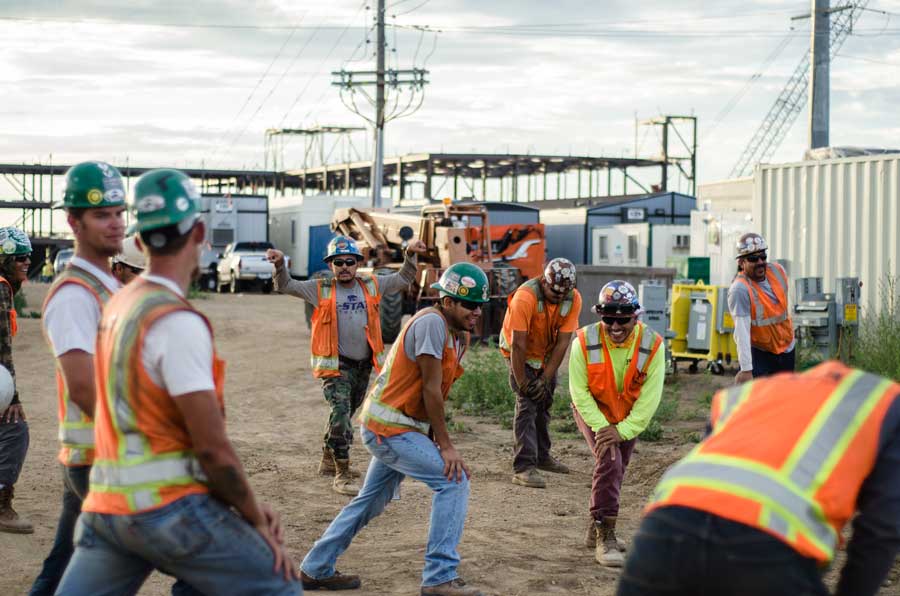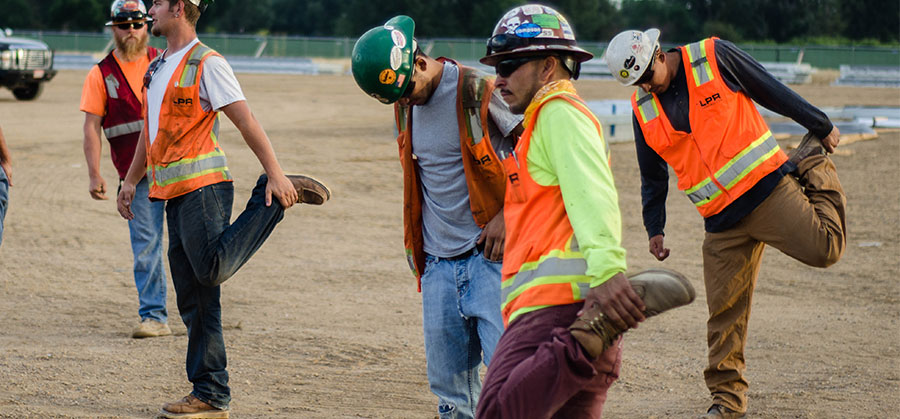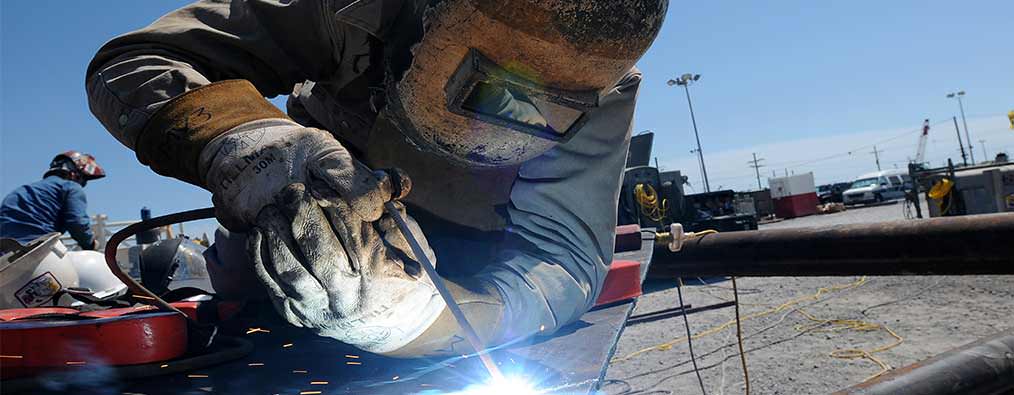Construction Management Services For Your Project
LPR’s approach to cost control starts at the budgeting stage. Through comprehensive document and scope review, LPR establishes a responsible and preliminary budget pricing. In the likely event where drawings are missing details, connections, sizes, etc. LPR will make reasonable industry assumptions in an effort to “fill the gap” based on the lack of detail in the drawings. The purpose in going to this level of detail is to provide the steel team with a realistic budget early within the life of a job. Of course, we do not have a crystal ball and there will always be unforeseen scope items like added square footage and framing that comes up, but it is always LPR’s intention to be as open and transparent as possible in communicating change in pricing. Typically, when brought on board early in a design assist/early involvement award LPR will provide and initial preliminary budget and then provide updated pricing based on future drawing /scope revisions via trend pricing. LPR also strongly believes that by becoming an early involvement partner in the project we are able to help control and maintain the erection budget by offering connection design suggestions, detail /framing input and constructability advice all aimed at optimizing all field operations for cost control and safety.
All the efforts dedicated to this high-tech pre-construction planning could be easily wasted without a Project Management and Field Operation group that has not been setup to execute a well laid plan. The process of meticulously executing of our detailed construction plans a vital part of the synergy LPR has developed in to the “fine art of construction”. Communication of the construction plan can only be effective if the recipient is receptive and eager to “hear”. LPR has developed a field operation culture second to none that is responsive and totally committed to receiving and executing the detailed construction plans. Field operations are always encouraged to evaluate the plan and suggest improvements, which are routinely considered and integrated into the future work.




